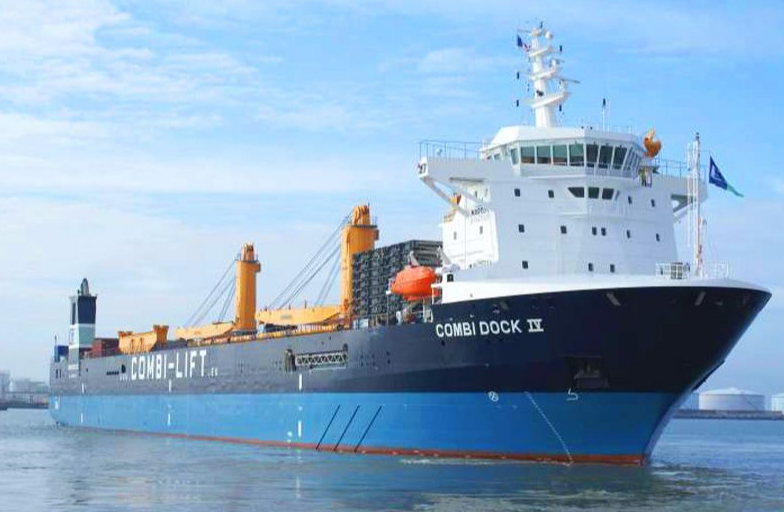Green ship low carbon development trend
In order to fully introduce Marine power alternative fuels and related technologies around 2028, Japan has established key pilot projects and research technologies in recent years: First, accelerate the pilot of the dual-fuel internal combustion engine project, by carrying out the trial of the dual-fuel internal combustion engine of conventional fuel and hydrogen/ammonia alternative fuel, to achieve the goal of applying it to small coastal vessels by 2026, and expand the application of the technology to large ocean-going ships with the improvement of the technology; Second, encourage the use of LNG fuel, carbon cycle CH4 fuel, and formulate measures to solve the problem of CH4 escape; The third is to improve the CO2 capture rate, reduce the size, cost and power to optimize the performance of the CO2 capture system on board. Fourth, by enhancing the battery energy density, improve the efficiency of the battery propulsion system and other ways to meet the needs of large ocean-going ships for long endurance.
In practice, Japan is working on the concept design of super ecological ships, developing four types of zero-emission ships (hydrogen fuel ships, ammonia fuel ships, CO2 capture ships, ultra-efficient LNG fuel ships), and exploring the possibility of ecological development of container ships and bulk carriers in the future. The project has clarified the possibility and challenge of introducing zero-emission ships from the technical point of view. While developing the concept design of 80,000 DWT bulk hydrogen fuel ships and 20,000 TEU container hydrogen fuel ships, it has determined the key technical problems to be solved in the development of liquefied hydrogen fuel ships. For example, developing hydrogen fuel engines and fuel supply systems, increasing the size of fuel tanks, strengthening thermal protection systems, and preventing hydrogen leakage. Japan Classification Society tries to improve and enhance the green performance of ships by optimizing ship type, reducing hull friction, improving ship propulsion efficiency, improving waste heat recovery and operational efficiency, etc., and has made certain research progress [6].

(3) The United Kingdom
The UK sees 2020-2030 as a critical period for the breakthrough and development of zero-emission ship technology. From the IMO's initial strategy to achieve zero emissions by 2050, the development of zero-emission vessels must be broken through in the 2020-2030 period, and the next few decades will be based on scale and commercialization, underscoring the urgency to act now. The UK believes that zero-emission ships need to be in service by 2030 and that any ship project planned to be funded, designed or built by 2020 will need to consider switching to non-fossil fuel power supply later in the ship's life [8]. In order to achieve the 2030 ship decarbonisation plan, the UK has developed the following decarbonisation development path: Identify the needs for the development of zero-emission ships in the Low Carbon Action 2050, conduct an industrial feasibility assessment of zero-emission ships, clarify the gap between existing ships and zero-emission ships, compare different decarbonization options, identify the driving factors in the transition to zero-emission ships, and develop a low-carbon action plan to promote the comprehensive development of zero-emission ships.
To drive the adoption of zero-emission vessels, the UK has undertaken a great deal of work in policy, the public domain, standards and rule-making. Enabling shipping policies for 2020-2030 will have a significant impact on the shipping industry by helping it achieve cost-effective decarbonisation targets. Over time, the development of the relevant zero-emission vessel standards may become more stringent to help provide a level playing field, close the competitive gap with traditional fossil fuels and technologies, and promote the adoption of zero-emission vessels. In the development and commercialization of zero-emission ships, the UK attaches great importance to establishing cooperation with international energy developers, fuel technology companies and other industry leaders.
According to the technical maturity of the development of zero-carbon fuels, Lloyd's Register of Shipping assesses the technical bottlenecks of the use of various alternative fuels and proposes solutions; Defines "zero carbon fuels" as all fuels with very low CO2 emissions and the potential to become zero CO2 emissions, and considers that other zero carbon fuels may exist; It is speculated that renewable energy, bioenergy, and fossil fuels containing carbon capture and storage will be the main sources of shipping fuels in the future. Lloyd's Register of Shipping has studied the technology maturity and use of zero-carbon fuel from the aspects of fuel filling, storage, processing, conversion and promotion. It believes that every zero-carbon fuel has shortcomings in use, but some technical bottlenecks have commonalities. It is necessary for industry entities, regulatory agencies and non-governmental organizations to work together to solve problems such as the formulation of fuel filling procedures and quality standards, the storage of new fuel and energy, and the construction of onshore supporting infrastructure [9].
- ABB
- General Electric
- EMERSON
- Honeywell
- HIMA
- ALSTOM
- Rolls-Royce
- MOTOROLA
- Rockwell
- Siemens
- Woodward
- YOKOGAWA
- FOXBORO
- KOLLMORGEN
- MOOG
- KB
- YAMAHA
- BENDER
- TEKTRONIX
- Westinghouse
- AMAT
- AB
- XYCOM
- Yaskawa
- B&R
- Schneider
- Kongsberg
- NI
- WATLOW
- ProSoft
- SEW
- ADVANCED
- Reliance
- TRICONEX
- METSO
- MAN
- Advantest
- STUDER
- KONGSBERG
- DANAHER MOTION
- Bently
- Galil
- EATON
- MOLEX
- DEIF
- B&W
- ZYGO
- Aerotech
- DANFOSS
- Beijer
- Moxa
- Rexroth
- Johnson
- WAGO
- TOSHIBA
- BMCM
- SMC
- HITACHI
- HIRSCHMANN
- Application field
- XP POWER
- CTI
- TRICON
- STOBER
- Thinklogical
- Horner Automation
- Meggitt
- Fanuc
- Baldor
- SHINKAWA
- Other Brands




































































































































